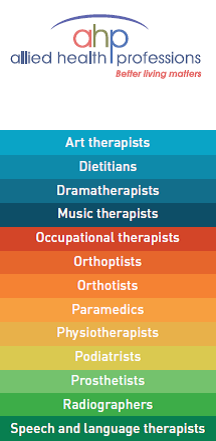Planning and Corporate Services
Latest News
Latest publications
The Planning and Corporate Services function is responsible for;
The Planning and Corporate Services function is responsible for;
The HSC Safety Forum was created in 2007 to support HSC organisations as they strive to provide safe, high quality care. The HSC Safety Forum:

Nursing (AHP) is part of the Nursing and Allied Health Professionals Directorate, led by Emily Roberts.
For up to date information on HSC R&D go to https://research.hscni.net/ or click on the banner below
Screening is important because early detection of disease often produces better outcomes for patients. At this stage treatment may be more effective, avoiding significant ill health and in some cases premature death.
PHA staff provide particular expertise on service evaluation and review, assessment of the health and wellbeing needs of the population, and evidence-based practice.
They also have a key role in supporting the development, implementation and evaluation of regional service frameworks.
There are 11 PHA commissioning teams:
 As we face a difficult economic climate, inequalities may worsen over the coming period. For this reason, the PHA will redouble its efforts, working with partners in many different sectors, as well as directly with communities, to ensure we make best use of our collective resources.
As we face a difficult economic climate, inequalities may worsen over the coming period. For this reason, the PHA will redouble its efforts, working with partners in many different sectors, as well as directly with communities, to ensure we make best use of our collective resources.